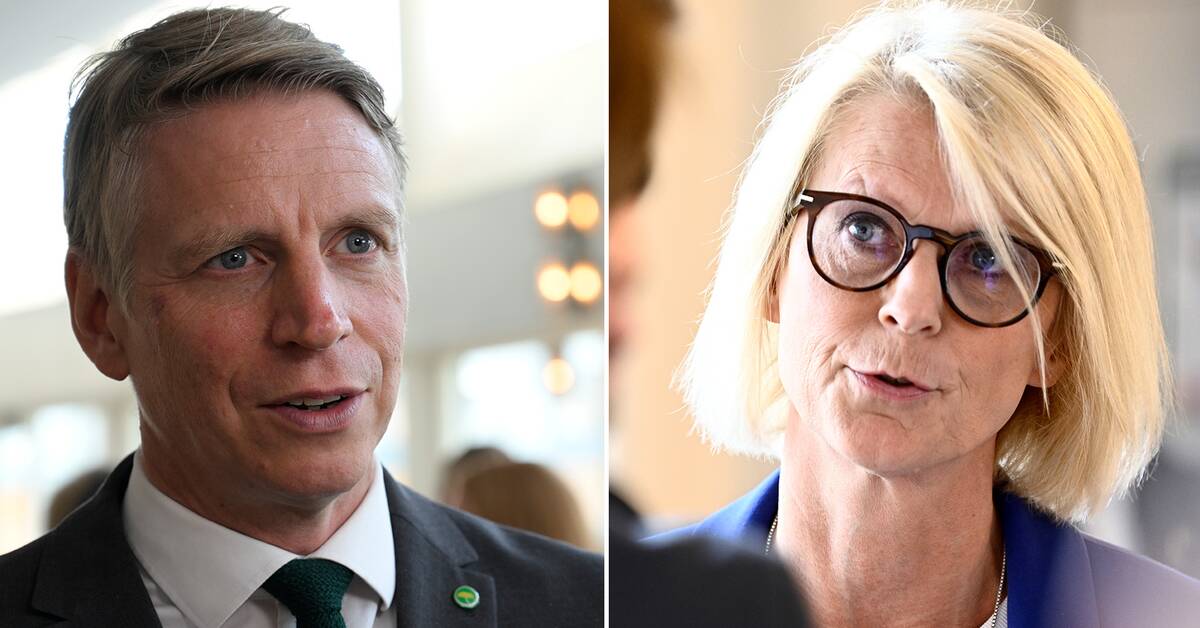The right-wing opposition wants to do more to curb petrol and diesel prices.
The fact that large companies now say that they are hesitant about planned billion-dollar investments in biofuel plants does not change their view.
- Companies must adapt to our decisions, says Elisabeth Svantesson, the moderates' economic policy spokesperson.
Both the government and the opposition have wanted to reduce the tax on petrol and diesel this spring.
When it comes to the requirements for blending biofuels in fuel, one goes different ways.
The government wants to take a temporary break and maintain the level of the current 30.5 percent emission reduction also in 2023. A measure that is estimated to provide an additional 880,000 tonnes of CO2 emissions next year.
- A reasonable balance, given the war, says Climate Minister Annika Strandhäll.
The Moderates, KD and SD want to go much further.
They want to lower the level from the current 30.5 percent to an EU average of six percent and settle for an escalation to 14 percent instead of the previously decided 66 percent emission reduction to 2030, for diesel.
This would mean several million tonnes of increased emissions each year and, according to the Swedish Environmental Protection Agency, threaten the climate goals.
- I am deeply disappointed that the whole climate policy is being capitulated and thrown overboard.
The obligation to reduce would provide long-term conditions for the industry, to now suddenly lower the ambitions is to disappoint those who plan multi-billion investments, says Per Bolund, spokesman for the Green Party.
"Reduce emissions elsewhere"
Both KD, SD and the Moderates emphasize that a high proportion of biofuels has so far resulted in higher fuel prices.
Elisabeth Svantesson believes that today's prices are putting pressure on households in a way that means that politicians must "zoom out" from decisions on the transport sector's target of 70 percent reduced emissions by 2030.
- Our policy is about reducing emissions elsewhere, with electrification, nuclear power, and with the storage of carbon dioxide, for example, she says.
The Green Party would rather help households affected by high energy prices to reduce food VAT, so as not to favor fossil fuels.
- With more domestic large-scale production of biofuels, the price will be able to be kept down, and we will become more independent of world market prices for oil, which is increasing due to the war, says Per Bolund.
Javascript is disabled
Javascript must be turned on to play video
Read more about browser support
Electric car sales are breaking all records.
But SVT's review shows that the reduction obligation, which forces the blending of biofuels in petrol and diesel, still does 7 times more for the climate, than all electric cars combined.
Photo: SVT

